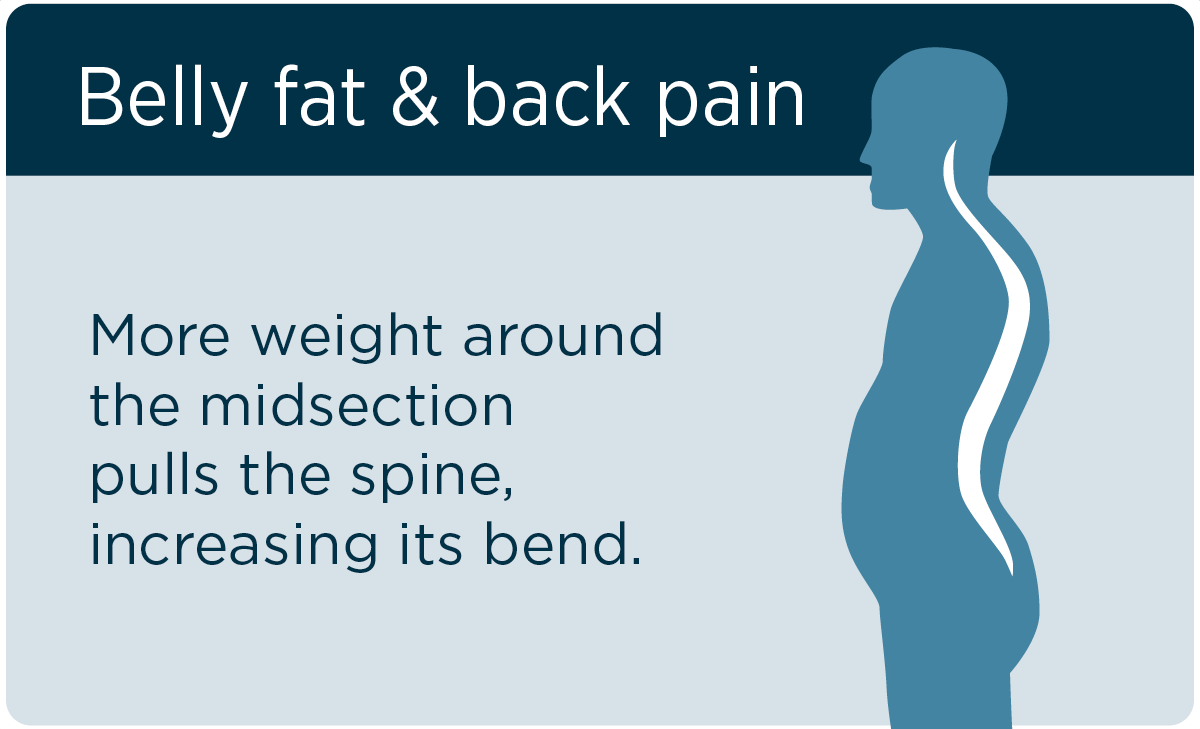
Injections for joint pain are a quick and relatively low risk option. Utilizing injections to help managing pain from conditions or injuries happens in conjunction with other treatments and lifestyle modifications. It’s often suggested only after other treatment modes have been unsuccessful.
You should use physical therapy and home exercises for issues with the knee, hips or lower back in addition to injection treatments. This helps with weight control and strengthens muscles supporting the joint, decreasing the stress and pressure placed on it. “Studies have shown that while injection is a beneficial short term pain relief option, physical therapy has much longer term benefits,” said Dr. Feng Lu, physical medicine and rehabilitation specialist with Marshfield Clinic Health System.
The thought of exercise with pain can be daunting. However, activities like water or aquatic therapy aren’t high impact and yoga and tai chi increase flexibility without stress on your joints. Continuing this active movement helps people stay active and retain or increase function and mobility
Pain relief varies
Common injections include cortisol and hyaluronic acid. “Not everyone receives relief from injections,” said Dr. Lu. “We look at your symptoms, conditions to consider the impacts and what will have the best outcome,”
The hyaluronic acid helps create more lubrication in the joints. It may take around four weeks for patients to feel the pain relief from the hyaluronic acid injection. However, for some people it may take even longer, around 4-10 weeks. The benefit is the pain relief can last for up to six months, with some people reporting pain relief for 15-17 months.
Steroid injections paired with a local anesthetic have an instant effect, if not within a few days. Pain relief typically lasts six to eight weeks.
“Because of this instant pain relief we can use injections for diagnostic purposes,” Dr. Lu said. For example, it may help your physician pinpoint the areas of concern. If there’s pain relief when you receive an injection in the knee, they know the problem is there.
Injections for pain management aren’t right for everyone
While injections for pain management are low risk, they still have potential side effects. Cortisol and hyaluronic acid injections are both subject to contact site infection. People with pre-existing local infections should not receive injections.
Because hyaluronic acid comes from a natural source, people are more prone to have allergic reactions. It can increase swelling and inflammation. “We often see people with mild to moderate osteoarthritis experience a post-injection flare with increased symptoms for two to three days after the injection,” Dr. Lu said.
Steroids shouldn’t be used with people who have uncontrolled diabetes, osteoporosis or fractures. Talk with your physician about your medical history and type of pain to determine what treatment is right for you. In addition to steroid injection and hyaluronic acid injection, there also is nerve block to your pain in the knee, shoulder and back.
Injections are only temporary therapy
A common expectation is that injections for pain will be a 100% solution. “People think it will fix their pain, but it only buys time,” Dr. Lu said. “This improves function temporarily or it helps them prepare for future therapy.”
Patients are encouraged to continue their lifestyle modifications and other multi-modal treatment to address their pain and underlying issues. Your pain management care team will schedule follow up calls or visits to check in to assess effectiveness and any lingering concerns.
Chronic pain is complex with no single solution. You can do things like wear a brace to support the area. Pair treatments with other medications such as NSAIDs. Chronic pain affects your mental health, too. Experiencing ongoing pain is stressful and may make you feel depressed or affect your sleep. Dr. Lu encourages you to build your coping skills to manage stress, including psychotherapy.
Related Shine 365 articles
Pain management: What you need to know
Treating pain: Dry needling lives up to its name
Old drug, new tricks: Low-dose naltrexone as treatment for chronic pain






Leave a Reply